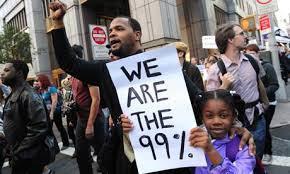 Inequality is a big issue. But focusing on the 99%-versus-1% is misguided. The idea that if the 1% had less the 99% would have more is incorrect.*
Inequality is a big issue. But focusing on the 99%-versus-1% is misguided. The idea that if the 1% had less the 99% would have more is incorrect.*
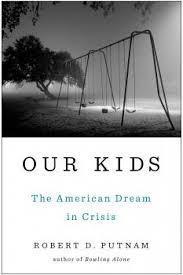
Putnam’s departure point is the 1950s Ohio town where he grew up, where the phrase “our kids” was used by both rich and poor talking about all the town’s kids. Because they really all lived in a unified community. That kind of social solidarity is a bygone, sundered by a wall of separation.
Affluent well-educated people tend to marry well-educated mates and provide their kids with a stable, nurturing, well-resourced path for repeating the process.
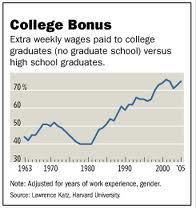
But the problem isn’t just money. Today’s lower income Americans actually have more income (when you count government benefits) than in Putnam’s 1950s town. And way more than in the Depression and before. Yet those poorer people nevertheless mostly managed to maintain stable, nurturing family structures. Today’s do not.
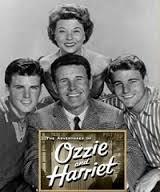
Drilling down into the reasons, Putnam sees parenting styles as crucial. For the affluent, the social norm has shifted from the relaxed Doctor Spock approach to “intensive parenting,” influenced by well-publicized research revealing the importance of early parent-child interactions in personality development.** Less educated parents haven’t gotten this memo, or else aren’t able to follow it, due to financial and other stresses in their own lives.
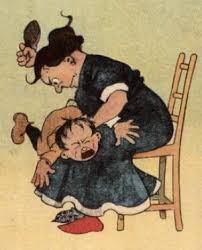
One researcher contrasts the affluent’s “promotive” parenting strategies, aimed at encouraging children’s talents, with poorer parents hewing toward “preventive” strategies to cope with the dangers of a rough environment. Further, affluent parents not only speak vastly more words to their kids, but the vast majority are encouragements, whereas for parents on welfare the great majority are discouragements.
Not surprisingly, all these parenting differences have been shown to affect children’s brain and personality development. (See my post on the marshmallow test.) That’s how poor families get stuck reprising their trajectories.
What is to be done? Good schooling might ideally compensate for parenting disparities; but for a cat’s cradle of reasons, which Putnam explores, schools in disadvantaged neighborhoods tend to exacerbate rather than rectify cultural disparities. For example, because their environment is more stressful, good teachers flee them.
Putnam does conclude with a list of suggested fixes, but basically it’s all doing more of the well-intentioned things that are already done, generally inadequately.

* The mistake is thinking there’s a fixed amount of wealth to go around, so anyone’s gain is another’s loss. Wrong. Steve Jobs got rich selling gizmos for more than they cost to make, to people who valued them more than they paid. That’s how societal wealth is increased. Buyers of his products would not have been richer had Jobs not gained wealth, they’d have been poorer.
** Putnam acknowledges that “helicopter parenting” has its own problems; but still insists they’re dwarfed by the problems he documents in lower class families.
